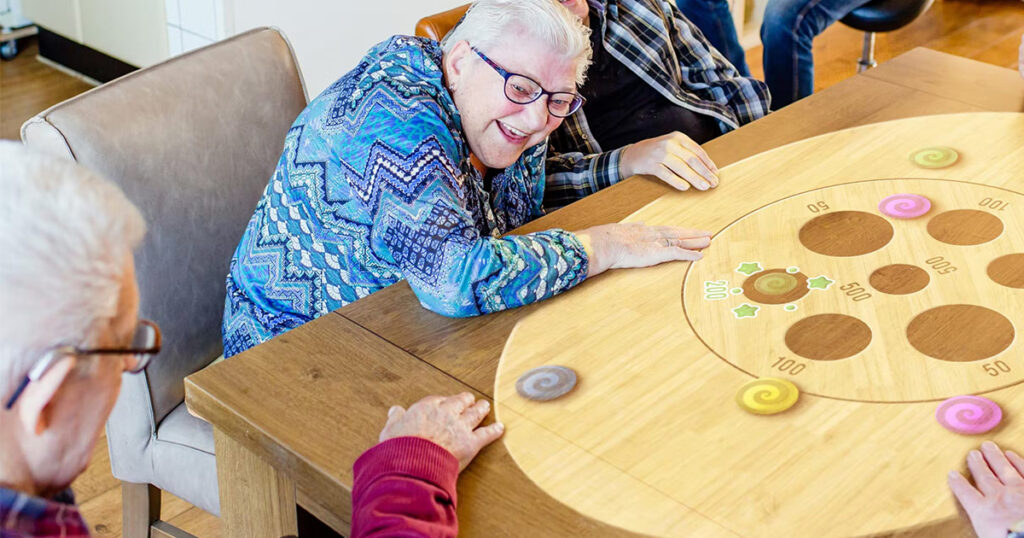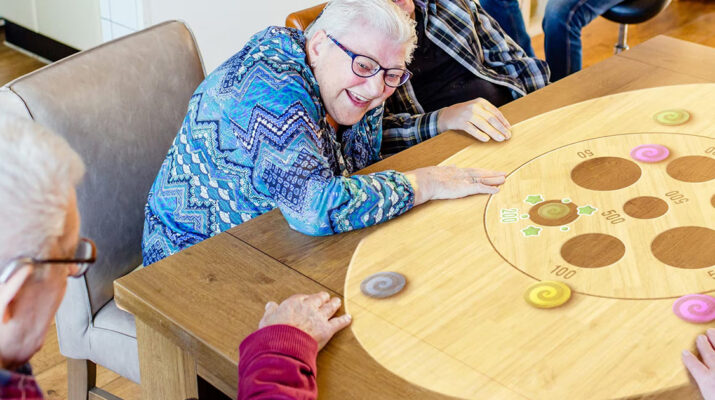In recent years, gaming technology has emerged as a promising tool for dementia treatment, offering innovative solutions to improve cognitive function, enhance quality of life, and mitigate the impact of the disease. Dementia, a condition characterized by cognitive decline and memory loss, poses significant challenges to both patients and their caregivers. In recent years, innovative approaches to dementia treatment have emerged, leveraging gaming technology to provide therapeutic interventions and improve the overall quality of life for individuals living with dementia. This article explores how gaming technology is being utilized as a valuable tool in the treatment and management of dementia.

The Cognitive Benefits of Gaming
Traditional treatments for dementia often involve medication and various forms of therapy. However, gaming technology introduces a dynamic and engaging approach to cognitive stimulation. Games designed specifically for dementia patients focus on memory exercises, problem-solving tasks, and activities that promote mental agility. These games aim to stimulate different regions of the brain, potentially slowing down cognitive decline and enhancing cognitive abilities.
Virtual Reality (VR) for Immersive Therapy:
Virtual Reality (VR) technology has shown promise in providing immersive therapy experiences for individuals with dementia. VR simulations can recreate familiar environments, triggering memories and emotions associated with those settings. For instance, virtual tours of places from a person’s past, like childhood homes or favorite vacation spots, can evoke positive memories and enhance the overall emotional well-being of dementia patients.
Gamified Rehabilitation Exercises:
Physical exercise is crucial for maintaining overall health, and gamified rehabilitation exercises are incorporating gaming technology to make physical activity more enjoyable for dementia patients. Gamified exercises can be tailored to the individual’s abilities, encouraging movement and coordination while providing a sense of achievement. This approach not only promotes physical well-being but also contributes to the holistic approach to dementia care.
Memory and Cognitive Training Apps:
The proliferation of smartphones and tablets has facilitated the development of memory and cognitive training apps designed for dementia patients. These apps often feature games and exercises that target memory recall, pattern recognition, and problem-solving skills. The interactive nature of these applications makes them engaging for users, promoting regular mental stimulation and potentially slowing down cognitive decline.
Social Interaction Through Online Gaming:
Isolation and loneliness are common challenges faced by individuals with dementia. Online gaming platforms and applications are addressing this issue by providing opportunities for social interaction. Multiplayer games and social gaming platforms enable individuals with dementia to connect with friends, family, and other players, fostering a sense of community and reducing social isolation.
Caregiver Support and Training:
Gaming technology is not only benefiting individuals with dementia but also offering valuable resources for caregivers. Apps and online platforms provide caregiver support networks, informational resources, and training modules on effective communication and dementia care strategies. These tools empower caregivers with the knowledge and skills needed to provide the best possible care for their loved ones.
Conclusion:
The integration of gaming technology into dementia treatment represents a significant advancement in the field of healthcare. By providing engaging and therapeutic experiences, gaming technological has the potential to enhance cognitive abilities, emotional well-being, and overall quality of life for individuals living with dementia. As research and development in this area continue to evolve, gaming technologies is likely to play an increasingly vital role in the comprehensive and compassionate care of individuals affected by dementia.
